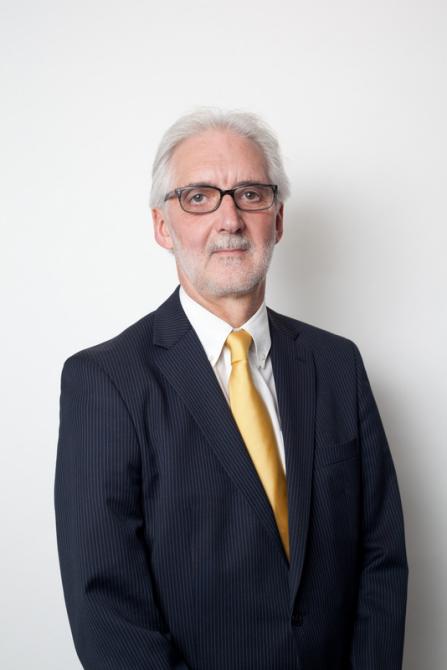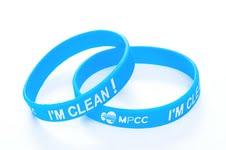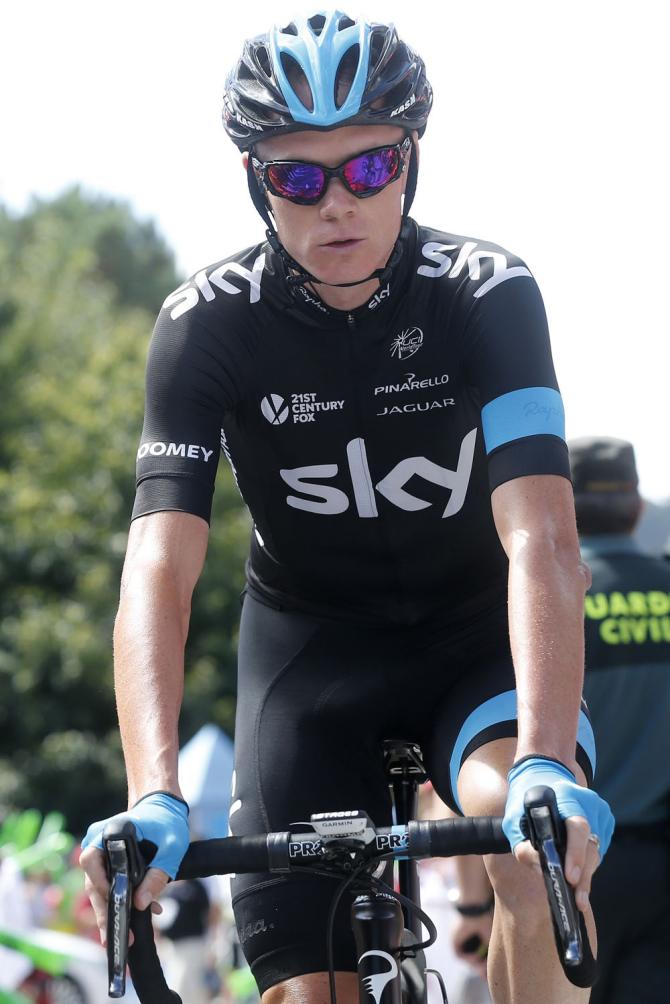Cookson wants MPCC to align with UCI and WADA anti-doping code
President insists that Cycling Anti-doping Foundation is an independent body



Earlier this week, UCI president Brian Cookson revealed plans for the establishment of an independent international tribunal in a bid to ensure consistency when it comes to sanctions for doping offenses, yet glaring inconsistencies in anti-doping regulations remain an issue in cycling.
The discrepancies between the UCI’s anti-doping regulations and the more stringent, voluntary measures demanded by the Movement for Credible Cycling, for instance, came to the fore on two high-profile occasions in 2014.
With Team Sky not part of the MPCC, Chris Froome was able to avail of a therapeutic use exemption for the corticoid prednisolone to treat a chest infection and so compete in the Tour de Romandie, which he went on to win. However four months later, Chris Horner’s Lampre-Merida team – a member of the MPCC – withdrew him from its Vuelta a España roster after he showed low levels of cortisol in additional, voluntary testing on the eve of the race. The MPCC rules on cortisol are stricter than those of the UCI.
Asked about the anomaly during his press conference following the UCI Congress in Ponferrada on Friday, Cookson expressed the wish that all teams would abide by the UCI’s existing regulations, rather than following the additional rules outlined by the MPCC. 11 of the 18 WorldTour teams are currently members of the group, whose president is former Credit Agricole team manager Roger Legeay.
“I think the MPCC is a good organisation, it does good work but it is confusing that some teams are operating under an additional set of rules,” Cookson said. “Really, there is only one set of anti-doping rules: the UCI’s, which are in line with the WADA code.”
“I would rather there was only one standard and maybe if we can harmonise that under the new WADA code, this is something we can talk about with Roger Legeay and his colleagues. But I understand why they’ve done what they’ve done and I commend them for setting a high standard.”
On Thursday, Cookson had announced plans for a new disciplinary structure that would see sanctions for doping offences decided by an international tribunal rather than by the national federation of the rider in question, a measure he hopes to bring into effect at the turn of the year.
In the past, the UCI has appealed to the Court of Arbitration for Sport when it has felt that national federations have failed to sanction their riders appropriately. One high-profile instance came when the UCI turned to CAS over the Spanish federation’s handling of the Alberto Contador case, while the governing body is also expected to appeal the Czech Olympic Committee’s decision to clear Roman Kreuziger of wrongdoing in his biological passport case.
“I know some people have characterised this as a reaction to a recent case but that is not how it is. It’s a principle we’ve been concerned about for quite some time. The management committee discussed it earlier this year and we now have a firm proposal,” Cookson said.
“It will operate independently of the UCI with five or six independent judges to hear the cases. It takes away a potential conflict of interests for national federations, and any rider or federation will have the right to appeal to CAS at the end of that process.”
CADF Indepedence and the CIRC report
Cookson’s manifesto during last year’s presidential election campaign included a pledge to make the Cycling Anti-Doping Foundation independent of the UCI. A year on, the CADF’s offices are still located at the UCI headquarters in Aigle, but when asked about the body by Cyclingnews, Cookson insisted that he has no influence on its decision-making process.
“I’ve read some things on the internet recently that are completely wrong. The Cycling Anti-Doping Foundation is now completely independent of the UCI. It is still based in our building, on the other side of the velodrome, for practical reasons, but it has an independent board now,” Cookson said.
“I’m not a member of that board. You may recall that my predecessor [Pat McQuaid] was actually the president of the CADF’s board. We’ve moved on from that situation. We still provide them with funding, as do others, but we do not interfere with their daily running: we don’t recommend that they test or not test any team or individual. Their processes are entirely independent of the UCI and I don’t interfere with them. That’s what all of the people who voted for me wanted to see and that’s absolutely what we’ve delivered.”
The Cycling Independent Reform Commission, the so-called truth and reconciliation commission established early in Cookson’s presidency, has yet to make its report to the UCI, but the Englishman said that it may lead to greater control over who is permitted to manage cycling teams.
“One of the things that I really want to come out of that commission is to establish who is a fit and proper person to be involved in management and running a team,” Cookson said. “I want the independent commission to give us some very firm guidelines.”
Cookson was asked in particular about the status of Bjarne Riis and Alexandre Vinokourov, two former riders with doping pasts who are currently at the helm of two of the biggest WorldTour teams. He hinted, however, that the CIRC’s recommendations are more likely to be used as guidelines for the future rather than as a basis for retroactively applied sanctions.
“I think there are some serious legal complexities and what I want to avoid is the UCI spending more money than necessary on lawyers,” Cookson said. “I’m asking the independent commission to make some recommendations and out of that we may have some action. We all agree that we would like to see clarity and consistency, because at the moment, the approach [on what constitutes a fit and proper manager] is left to the teams themselves.”
“It’s a little bit confused at the moment, I think we can bring greater clarity to that but it isn’t a simple matter. If we are to bring in new rules about it, we have to do so in a way that’s legally watertight.”
Horner wasn’t healthy enough to ride Vuelta a España says MPCC president
Impey heads to Worlds after proving innocence of doping
Has Cookson kept his promises?
McQuaid criticises UCI handling of Tour of Beijing
News shorts: UCI agrees to create global anti-doping tribunal
Cookson confirms that Global Cycling Promotions will be wound down
The latest race content, interviews, features, reviews and expert buying guides, direct to your inbox!

Barry Ryan was Head of Features at Cyclingnews. He has covered professional cycling since 2010, reporting from the Tour de France, Giro d’Italia and events from Argentina to Japan. His writing has appeared in The Independent, Procycling and Cycling Plus. He is the author of The Ascent: Sean Kelly, Stephen Roche and the Rise of Irish Cycling’s Golden Generation, published by Gill Books.